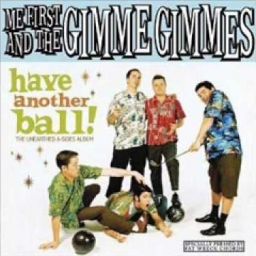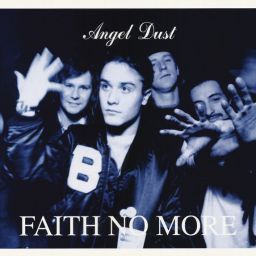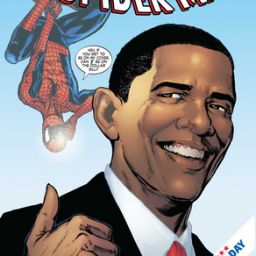If you are trapped in the modality of “you are such a sell-out!” then two of the biggest YouTube success stories, Chocolate Rain and OK Go are nothing more than sell-outs.
OK Go created a video for their song “Here It Goes Again,” (first video above) featuring the band doing a synchronized dance routine on treadmills in one-take has been seen over 28 million times on YouTube. The video’s success led to the song being included on several television shows and commercials (including the Nike/Apple ad above), and worldwide success. Does this make the band sell-outs?
Tay Zonday performed his original song “Chocolate Rain” in a YouTube video (above) that became a meme. Chocolate Rain lead to several parody videos (including the ones shown above by Green Day and on VH1’s Best Week Ever), and Tay Zonday created a new version of the song to advertise Dr. Pepper called Cherry Chocolate Rain (above). Tay Zonday has created a song that he has finally made money from. On his myspace page, he explains why he Creative Commons licensed this song: “”I want nonprofit radio and small mom/pop cafes to be able to play my music for free. But I also want giant corporations who can afford to give me a dime or two to pay fair royalties.” Is he a sell-out?
According to the present-date neutrality-questioned Wikipedia entry, “selling out” is
Selling out refers to the compromising of one’s integrity, morality and principles in exchange for money, ‘success’ or other personal gain. It is commonly associated with attempts to increase mass appeal or acceptability to mainstream society. A person who does this, as opposed to following the original path s/he laid (or claimed to lay) out for him/herself, is labeled a sellout and regarded with disgust and immediate loss of respect. Selling out is seen as gaining success at the cost of credibility.
So to put this simply, if you get paid for your artistry, you are a sell-out. The term “sell-out” is placed upon many artists, but especially on those in the music industry (and some consider it to be tied to “rockism” — the need to reduce[] rock ‘n’ roll to a caricature, then uses that caricature as a weapon.”). After all, the critics that judge “the best” or most authentic — someout equalling non-sellout and the true auteur of music, usually privilege certain types of genres and artists around class, gender, and race (metal, disco, dance, pop are not “real” music; The Beatles, Stones, and Led Zeppelin are the bestest bands EEVVERRRR!!!11!!).
Not to say that I also don’t wonder what made “Bob Dylan, respected countercultural artist, [] choose to sell panties”, or think about how U2 determines the line between crass commercialism and not, or understand why Of Montreal considers “selling out isn’t possible”. It is indeed possible for something (or someone) to have an artistic vision and then lose it (RTD, you in particular for your incessant Mary-Sue-ism!), but tying lost talent with money doesn’t frequently tell the whole story.
In the case of both Tay Zonday and OK Go, if they weren’t going to “sell out” would that have prevented others from making money from their music? Of course not! YouTube would have continued to make ad dollars and increased the value of the service, making the site more valuable when it was sold. Yes, some of the licensed stuff isn’t, well … the stuff that fans would choose to license. But it isn’t fans’ bills that need are getting paid from another Apple ad. And that is really what it comes down to, and limiting critiques to “selling out” does nothing except for making the critic feel more special. Talent sometimes fades away, sometimes grows, but bills are forever.










i suspect that the arrangement between Zonday and Dr. Pepper’s relationship will prove to be mutually beneficial